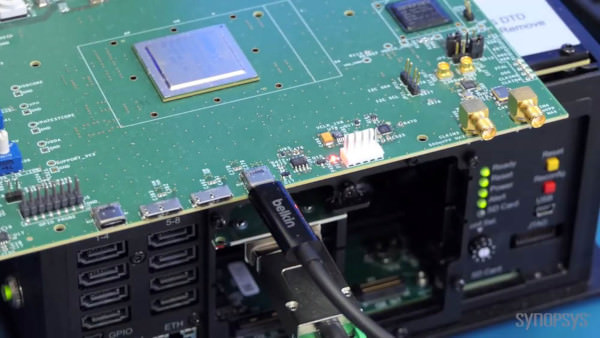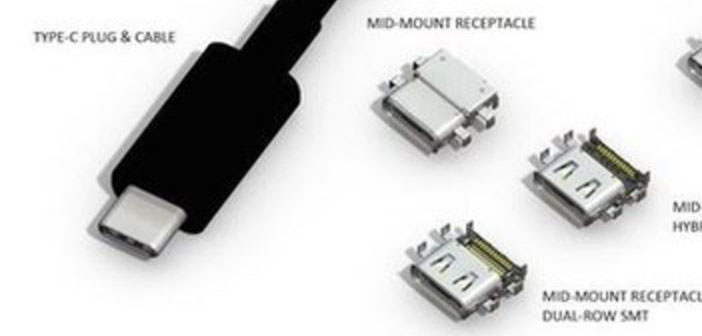Synopsys, first demonstration of the USB 3.2 standard: speeds up to 20 Gbps
The test was carried out between a Windows 10-based host system with standard USB drivers, a USB 3.2 controller and a Linux-based receiving system, with hardware identical to the host system but configured as a simple mass storage device.
Last summer, we introduced you to the first specifications leaked for the new USB 3.2 standard, now the US Synopsys offers in a video the first official demonstration of the performance that this new technology is able to offer.
The test was performed between a Windows 10-based host system with standard USB drivers, a USB 3.2 controller implemented on a HAPS-80 FPGA platform, connected to a PHY card via a Type-C connector and a Linux-based receiving system, with hardware identical to the host system but configured as a simple mass storage device.
The PHY used in the demonstration supports speeds up to 10 Gbps per line, so the test performed by Synopsys was performed by coupling two lines in order to achieve a combined throughput of 20 Gbps, a value fully managed by the USB 3.2 controller object of the test.
 From this, first demonstration proposed we can deduce that this new standard for data management is already at an advanced stage, which does not require a new connector, as the known USB type C reversible is already compatible, and in the same way are not necessary particular constructive expedients regarding the structure of the relative cables; definitely a big step forward with an eye on the backward compatibility with what is already available on the market.
From this, first demonstration proposed we can deduce that this new standard for data management is already at an advanced stage, which does not require a new connector, as the known USB type C reversible is already compatible, and in the same way are not necessary particular constructive expedients regarding the structure of the relative cables; definitely a big step forward with an eye on the backward compatibility with what is already available on the market.

